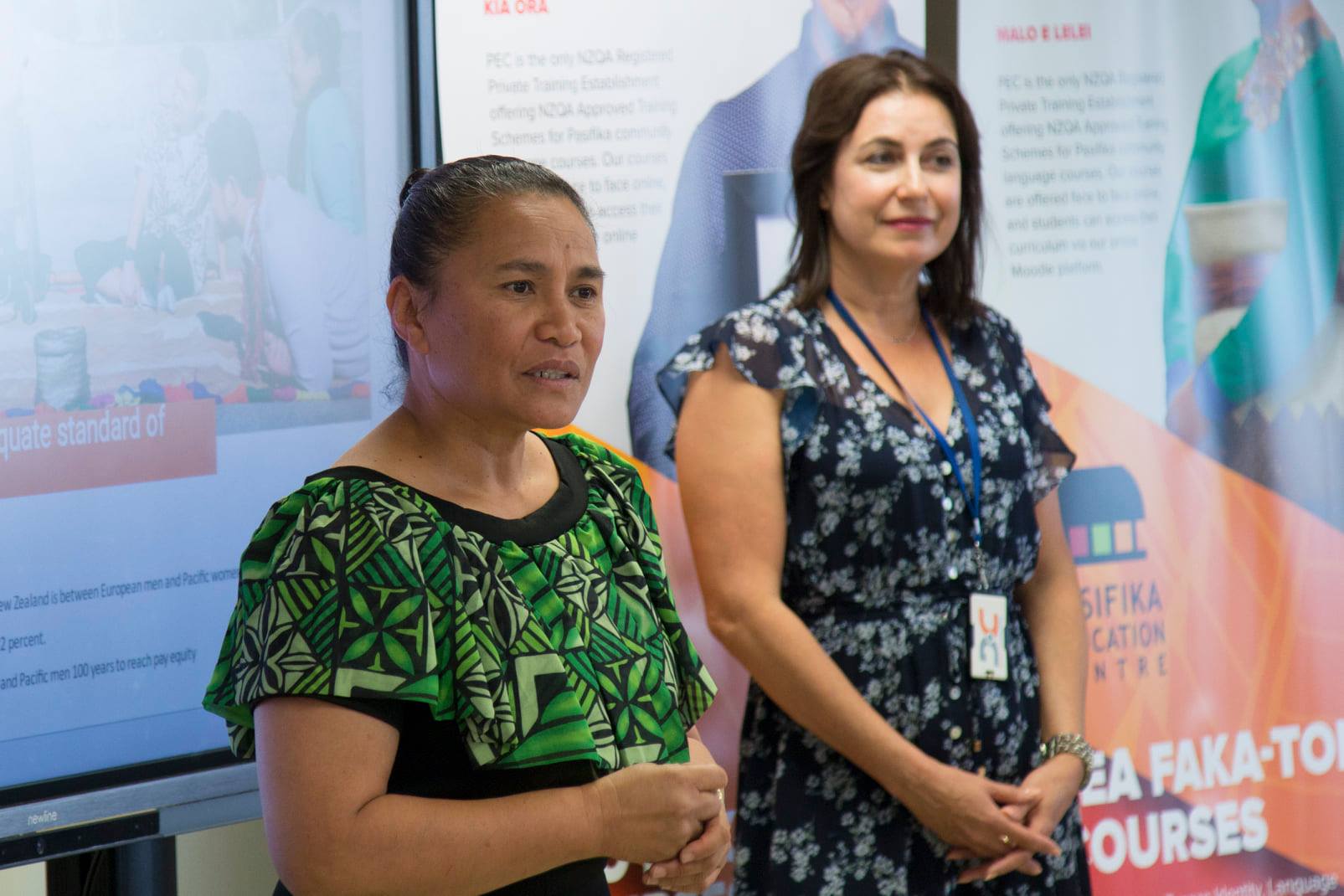Human Rights Commission to investigate Pacific pay gap
 By Sapeer Mayron
•
10 December 2020, 10:00AM
By Sapeer Mayron
•
10 December 2020, 10:00AM
The Human Rights Commission in New Zealand is dedicating 2021 to investigating why Pacific people are paid less and have fewer job opportunities than others.
Equal Employment Opportunities Commissioner, Saunoamaali’i Karanina Sumeo, announced the inquiry this week, when she launched the Commission’s latest report into human rights issues for Pacific people in New Zealand.
She said if nothing changes, Pacific families will be denied their rights to live in dignity.
“In addition to low wages, Pacific workers say they are often overlooked for upskilling opportunities and promotions. These workers also fear retaliation in raising concerns with their employers,” Saunoamaalii said.
“This is racist and discriminatory.”
Their report reveals a large gap between Pakeha men and Pacific women: 27 per cent in pay difference in the public sector.
The H.R.C. will begin its investigation in early 2021 and it is expected to run for a year.
It will look at the causes of the pay gap, conditions of work and career advancement for Pacific workers, and fill in data gaps in the private sector.
“At the current rate of progress, it will take Pacific women 120 years to reach pay equity with Pākehā men.
“We cannot continue to tolerate this level of inequity. It must end with us.”
One Pacific person who has seen the Pacific glass ceiling first hand is Tagaloatele Professor Peggy Fairbairn-Dunlop.
She told Pacific Media Network this week that whilst on a university appointment board she watched a Pacific colleague get passed over for a Professor role when they deserved it.
“There was one Pacific staff who from everything they had done should’ve been promoted to professor and was not promoted. When I asked why, it was because they did not fit the boundaries of one requirement.
“The boundaries are set and you have to play within those rules. You have people administering those rules who do not have a flexibility or open mind to all the other things that, that Pacific staff was doing which support educational growth and development of New Zealand.
“Universities have become fairly structured organisations which for a Pacific and Maori person is quite hard to break into.”
Universities in particular have been under the spotlight this year, after a groundbreaking study into the ethnic disparities in the teaching staff was published.
The researchers found for every NZ$1 a white male professor earns, Maori and Pacific women in the same sector get $0.85.
Maori and Pacific women have a 25 per cent chance to be promoted to the role of Professor, compared to a 39 per cent chance by a white male colleague, or 33 per cent for a white female colleague.
There have been several literature reviews and surveys done to analyse the pay gap in between ethnic groups in New Zealand, and the H.R.C. intends to do more than research, Saunoamaalii said.
“The government and employers must realise this is a human rights issue. It impacts upon Pacific peoples’ ability to realise the right to equal employment opportunities, the right to be free from discrimination including their right to an adequate standard of living, housing, food, education, and health care,” she said.
The new report, Talanoa: Human rights issues for Pacific peoples in Aotearoa New Zealand is the first report of its kind for the H.R.C..
It hopes this report will be a basis for discussion and collaboration between government agencies and non-government organisations with Pacific peoples to advance their human rights.
 By Sapeer Mayron
•
10 December 2020, 10:00AM
By Sapeer Mayron
•
10 December 2020, 10:00AM







